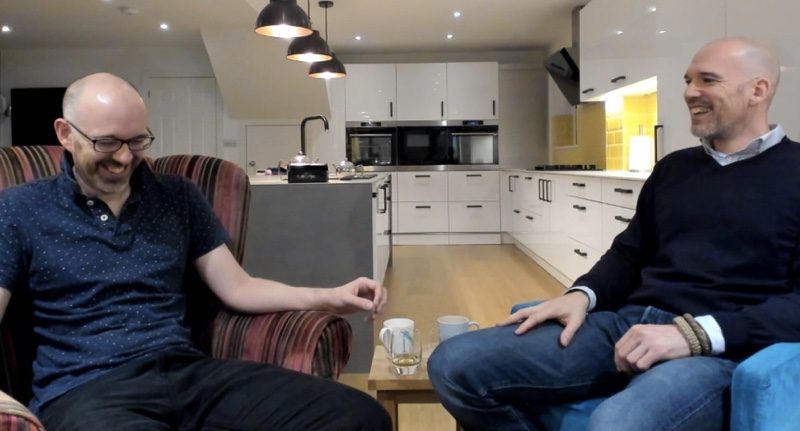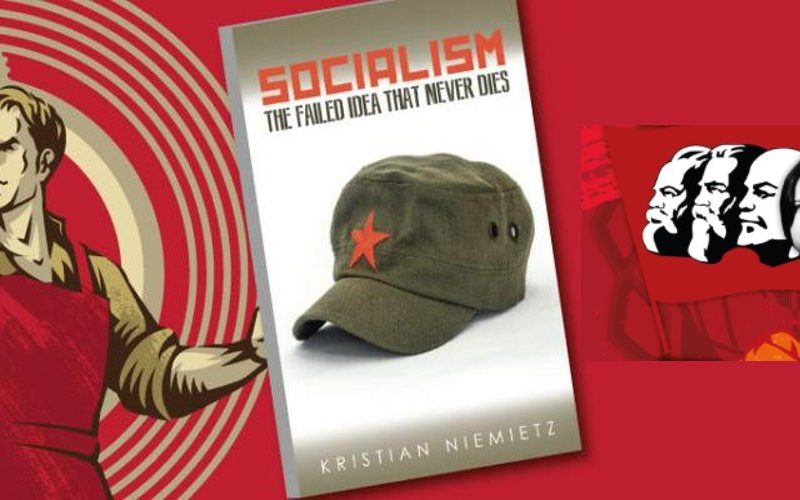“Seldom in history can a British government have shown such feebleness in defence of Britain’s interests, securing nothing of substance in return for concessions on a grand scale.”
You’d be forgiven for thinking that this statement had just been written. I suppose it could have been written any time in the last year with the way the current government has been capitulating negotiating.
I suppose it could also have been written at the time of when David Cameron went cap in hand to Brussels in order to present a choice between leaving the EU and a “reformed EU”.
But this wasn’t written about the current Brexit crisis, and it wasn’t written about a Conservative government.
It was, however, written about Europe.
The writer was none other than William, now Lord Hague. Former leader of the Conservative party, former Foreign Secretary and de facto deputy to David Cameron.
But he wrote it in 2009. That’s nearly 10 years ago.
Here it is in full where he writes in reply to a piece by the then foreign secretary David Miliband on defending Labour’s record in Europe.
Hague is of course speaking about the Lisbon Treaty – the friendlier name adopted by Brussels bureaucrats and European leaders for the EU Constitution.
All three major political parties in the UK promised in their general election manifestos of 2005 to a referendum on the EU Constitution.
What a wheeze it was to rename it, take out a few bits and call it something different so that that promise would not need to be honoured.
I remember at the time of the signing of the Lisbon Treaty that all media attention was focused on the Tories. What would they do? Would they commit to a referendum still? Would they withdraw from the treaty if they came to power?
I found it odd that rather than putting the necessary pressure on the Labour Party for essentially lying to the public and taking us deeper into the EU that, because the Tories are the ones seen to be “banging on about Europe”, they were the ones who needed pressure and scrutiny.
The response was simple if a complete waste of breath.
Hague himself stood up at a press conference and said “we will not let it end there”.
Arguably they didn’t, which is why we are where we are now, but I remember feeling the start of the notion of being politically cheated.
If the UK had not ratified the Lisbon Treaty because the UK public had rejected it in a referendum, then I don’t believe we would be in the situation we are in now.
Its too simplistic to try and pin the blame on the current mess on any particular person or event.
Gove for knifing Boris in the back so we ended up with May negotiating?
Cameron for thinking his weak renegotiation would be enough to sway the British people.
Blair for reneging on his promise to hold a referendum on the treaty.
Major for promising to stay in the ERM and then leaving it only days later.
The let’s not forget Facebook’s newest employee Clegg whom I remember demanding an “in/out referendum” on the EU long before it was a commitment by the Tory party, but as soon as it was a prospect, quickly changed his tune.
Now of course all the people who didn’t want a referendum on EU membership (apart from Clegg who just fence sits whenever he can) now advocate a new referendum.
Call it what you like, a people’s vote, a politicians vote, a losers vote. You just have to look at the views of the people who want it to understand their motivations.
Their plan is straight out of the EU playbook of either ignoring the results of referenda or for repeating the question until the public capitulates.
Whatever political leaders say about the record of those they oppose, one thing is certain and that is that history shows that no British government of any stripe has successfully negotiated anything with the EU.
For those of us in the real world this not only seems crazy, but shows in stark relief that the state is incapable of any meaningful change while the current political elites are in power.
Our electoral system may protect us against extremism, but when freedom from the state is seen as an extreme view, it’s going to be hard for anyone considered to be radically liberal to get the votes needed to start untangling us from this mess.





